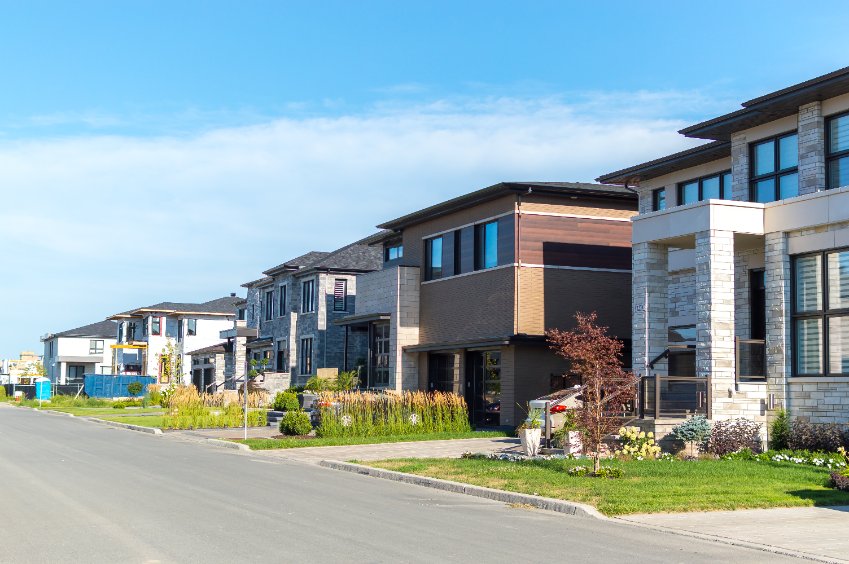

 A recent investigation, carried out by Altus Group Economic Consulting and sponsored by the Building Industry and Land Development Association (BILD) on behalf of the professional renovation sector, reveals that the procedural delays and inefficiencies in the Committee of Adjustment (COA) process in the City of Toronto result in an additional annual expense of $21,000 to $58,000 for renovation and infill construction projects. Furthermore, the study indicates that a significant overhaul of the system is imperative to meet the City’s objective of constructing 285,000 homes by 2031.
A recent investigation, carried out by Altus Group Economic Consulting and sponsored by the Building Industry and Land Development Association (BILD) on behalf of the professional renovation sector, reveals that the procedural delays and inefficiencies in the Committee of Adjustment (COA) process in the City of Toronto result in an additional annual expense of $21,000 to $58,000 for renovation and infill construction projects. Furthermore, the study indicates that a significant overhaul of the system is imperative to meet the City’s objective of constructing 285,000 homes by 2031.
“Toronto is a rapidly growing city, and the building of infill homes and renewal of existing housing stock add much-needed housing supply for current and future residents,” said Justin Sherwood, BILD’s senior vice president.
“With the City recently adopting various zoning reforms such as four units per lot as of right, and looking to make additional changes in the near future, the need for a more efficient process that reduces strain on City resources has never been greater.”
BILD enlisted the services of Altus Group Economic Consulting to conduct a study examining the timelines of the City of Toronto’s Committee of Adjustment (COA) decisions regarding minor variances. This study was part of a broader investigation into the factors contributing to housing affordability challenges. Altus Group’s research reaffirms the findings of the city itself, which had previously conducted a study in collaboration with KPMG, indicating that improvements in processes and increased transparency in data could enhance approval timelines and efficiency.
The Altus study scrutinized the timelines for minor variance applications from 2015 to 2022, using data from the City of Toronto’s Open Data Catalog. The study revealed a doubling in the volume of applications submitted to Toronto’s COA and TLAB processes over the past decade, resulting in substantial delays. These delays translate into an additional 8 per cent to 14 per cent in annual construction-related costs, equating to approximately $9 to $19 per square foot annually or roughly $21,000 to $58,000.
Significantly, the study found that the average decision timelines for typical COA applications, irrespective of the COA district, averaged 95 days over the entire 8-year period. This is considerably longer than the 30-day service standard mandated by section 45(4) of the Planning Act and 32 days longer than the 63-day target set by the City’s service standards.
The report offers six key recommendations for action to both the province and the city, aimed at effectively improving decision timelines for minor variances. Notably, it suggests delegating authority for minor variances to staff and addressing the underlying zoning issues that are contributing to the rising number of applications.
“Renovators in Toronto have long been advocating for improvements to the COA process,” said Peter Di Scola, chair of BILD’s renovator executive committee. “The current process sees a 93-95 per cent approval rate of applications through the COA process, meaning it would be far more efficient for the City to update zoning bylaws to permit the most common types of COA applications.”